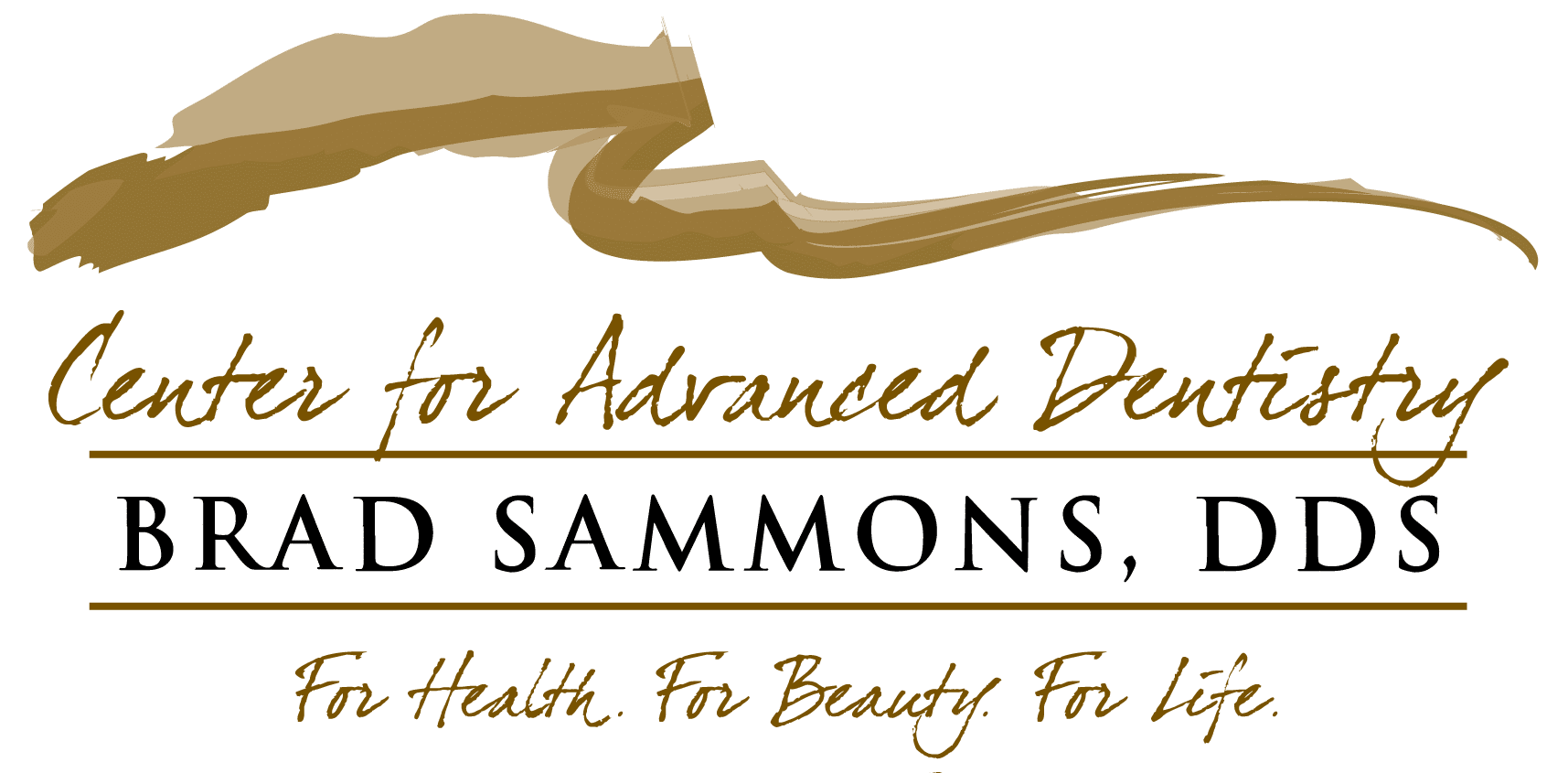Sleep apnea is an often overlooked condition that affects your ability to breathe properly while you sleep. Left untreated, it can lead to a range of health complications and disrupt your daily life. Fortunately, effective treatment options are available to help you achieve better rest and improve your overall well-being. At our Indianapolis, IN office, we offer personalized sleep apnea solutions designed to fit your unique needs. Ready to reclaim a good night’s sleep? Contact us today to learn more about our customized Sleep Apnea Treatment options!
What Is Sleep Apnea?
Sleep apnea is a serious sleep disorder where breathing repeatedly stops and starts during sleep. When left untreated, it can lead to significant health issues, including cardiovascular problems and chronic fatigue. While there are different types of sleep apnea, they all disrupt the body’s ability to receive adequate oxygen during rest, which is crucial for maintaining proper bodily functions. At our practice, we offer comprehensive solutions for individuals suffering from sleep apnea. Seeking effective treatment can greatly improve both sleep quality and overall well-being.
Types Of Sleep Apnea
There are three main types of sleep apnea:
- Obstructive sleep apnea: The most common form, caused by blocked airways, often due to relaxed throat muscles.
- Central sleep apnea: Occurs when the brain doesn’t send proper signals to the muscles controlling breathing, resulting in interrupted sleep cycles.
- Complex sleep apnea syndrome: A combination of both obstructive and central sleep apnea, presenting symptoms of both types.
Symptoms Of Sleep Apnea
The most common symptoms of sleep apnea include:
- Loud, chronic snoring
- Episodes of stopped breathing during sleep, often noticed by a partner
- Gasping for air during the night or waking up choking
- Excessive daytime sleepiness and trouble concentrating
- Difficulty staying asleep (insomnia)
- Waking up with a dry mouth, sore throat, or headache
Diagnosing Sleep Apnea
If you’re experiencing these symptoms, a proper diagnosis is essential. Diagnostic methods include:
- Sleep studies: Conducted in a sleep lab where your breathing, oxygen levels, heart rate, and body movements are closely monitored throughout the night.
- Home testing kits: A convenient option that allows you to complete a sleep study from the comfort of your own bed, offering flexibility for those with busy schedules.
Risk Factors For Sleep Apnea
Some individuals are more at risk of developing sleep apnea due to:
- Being overweight or obese
- Having a thicker neck circumference, which can contribute to airway obstruction
- Age (more common in individuals over 40)
- A family history of sleep apnea or other sleep disorders
- Lifestyle factors, such as alcohol and sedative use, which can relax the muscles in the throat
- Smoking, which increases inflammation and fluid retention in the upper airway
Health Risks Of Untreated Sleep Apnea
Leaving sleep apnea untreated can increase the risk of severe health problems, such as:
- Heart disease, including irregular heartbeats
- High blood pressure, which can lead to long-term cardiovascular complications
- Stroke, due to oxygen deprivation during sleep
- Type 2 diabetes, linked to disrupted sleep patterns and insulin resistance
- Depression and anxiety, as a result of chronic fatigue and lack of restorative sleep
- Liver problems and complications with metabolism
Sleep Apnea Treatment
When it comes to treating sleep apnea, the primary goal is to keep your airway open throughout the night, allowing for consistent and unobstructed breathing. This can significantly improve both your quality of sleep and overall health. Treatment options vary depending on the severity of the condition and individual preferences. For those with mild to moderate sleep apnea, non-invasive options like oral appliances may be effective. However, for severe cases, more advanced treatments are required.
The most common treatment for sleep apnea is the use of a Continuous Positive Airway Pressure (CPAP) machine. CPAP therapy involves wearing a mask connected to a machine that delivers a continuous stream of air, keeping your airway open as you sleep. While CPAP is very effective, many patients experience challenges, such as:
- Discomfort: Some find the mask uncomfortable, especially when worn for extended periods.
- Noise: The machine can produce some noise, which may disrupt sleep for both the patient and their partner.
- Portability: CPAP machines can be cumbersome to travel with, making them less convenient for those on the go.
For patients who find CPAP unsuitable or uncomfortable, alternatives like oral appliance therapy may provide a more comfortable solution.
For individuals with mild to moderate obstructive sleep apnea, oral appliance therapy provides an effective and comfortable alternative to CPAP. This therapy involves wearing a custom-made oral device that fits like a mouthguard or retainer. The appliance gently repositions the jaw and tongue to keep the airway open, reducing the likelihood of breathing interruptions during sleep. Oral appliances are:
- Custom-fit: Tailored to your mouth for maximum comfort.
- Discreet and portable: Much smaller and easier to travel with than CPAP machines.
- Quiet and comfortable: Unlike CPAP, oral appliances are silent, and most patients find them more comfortable to use throughout the night.
This form of therapy is especially beneficial for those who cannot tolerate CPAP or are looking for a less invasive option. At our practice, we carefully evaluate each patient to determine if oral appliance therapy is the right fit for their treatment needs.
